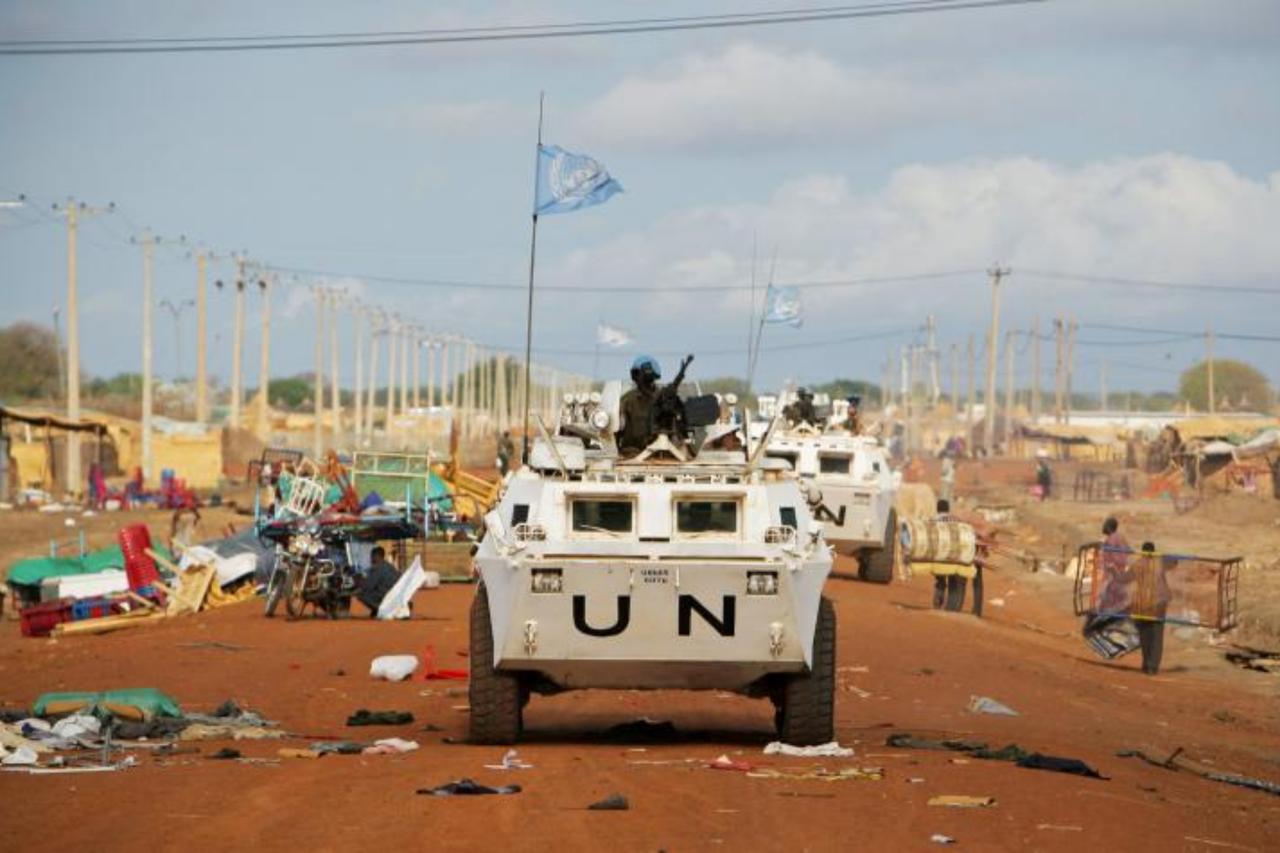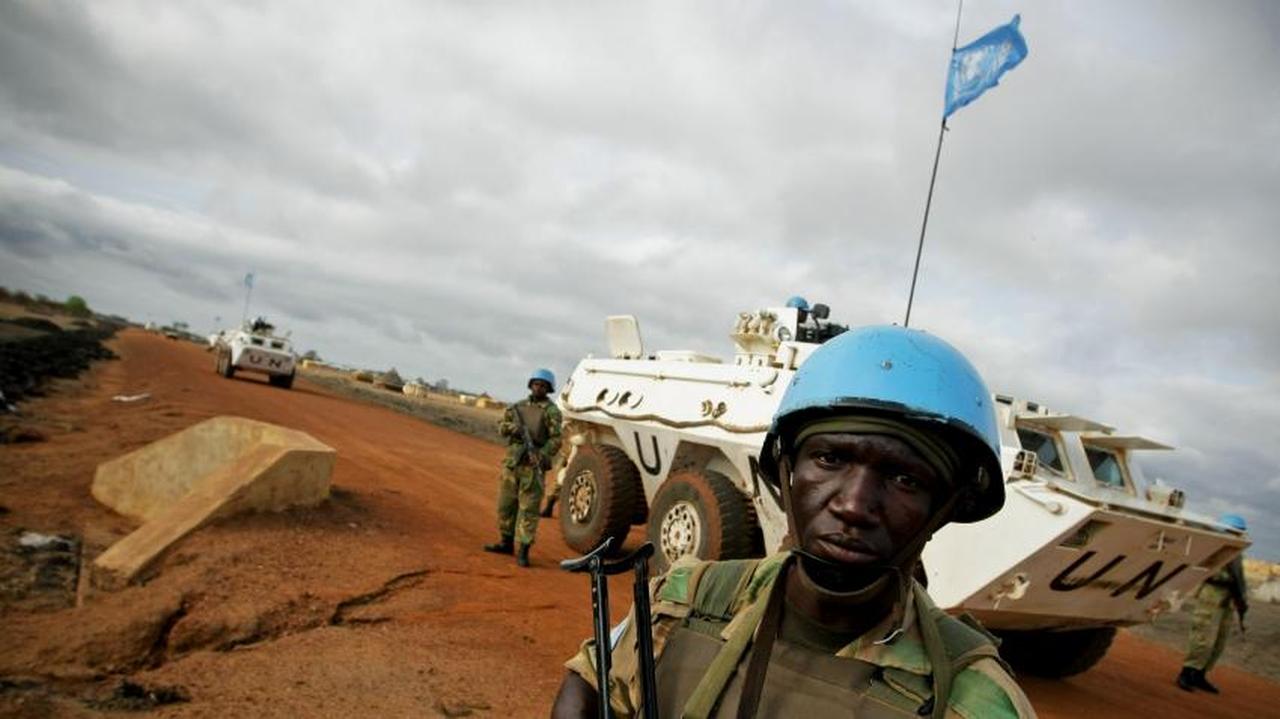
The U.N. Security Council on Friday renewed the mandate of the U.N. Interim Security Force for Abyei (UNISFA) for another year, extending the peacekeeping mission first deployed in 2011 to stabilize the disputed, oil-rich border region claimed by both Sudan and South Sudan.
The resolution, submitted by the U.S., received 12 votes in favor and three abstentions from Russia, China and Pakistan.
U.S. Deputy UN envoy Dorothy Shea welcomed the renewal and said, "While this mandate differs from past mandate renewals, it aligns with the important and necessary goal of making sure missions are guided by clear benchmarks that track progress and ensure host countries are invested in the mission's success," she said.
The U.S.-authored resolution noted that the Council should "consider further renewal of the mission based on demonstrable progress by Sudan and South Sudan." It included three benchmarks, on which the majority of Council members disagreed but still voted in favor due to the importance of UNISFA's presence.
The benchmarks call for the withdrawal of all unauthorized armed groups from Abyei, the resumption of Joint Political and Security Mechanism (JPSM) meetings between Sudan and South Sudan, and the establishment of the Abyei Joint Security Police.
"These benchmarks will help describe the mission's impact and provide a critical tool to hold host governments accountable for measurable progress," the U.S. envoy argued.

China’s Deputy U.N. envoy Sun Lei expressed concern about the approach of the work by the pen-holder, that being the U.S., and emphasized that "any major adjustment to a mission’s mandate or the withdrawal of a mission should be based on the situation on the ground, respect the visions of the host country, and take into account the views of stakeholders."
The U.N. deployed the UNISFA peacekeeping mission in 2011.
The oil-rich Abyei Administrative Area is administered by South Sudan and Sudan, with both claiming stakes and having been embroiled in conflict for years.
Speaking on behalf of Guyana, Algeria, Sierra Leone and Somalia, Guyanese U.N. envoy Carolyn Rodrigues Birkett said, "While reiterating our serious concerns regarding the unrealistic benchmarks that could question the future renewal of UNISFA's mandate, the E3+ (Guyana Algeria Sierra Leone and Somalia) voted in favor of this draft resolution solely to ensure the mission's preservation as its presence and role are more essential than ever in the current context in Abyei."
She expressed "profound regret concerning the departure from previously agreed language and established practices."
Russia's Deputy U.N. envoy Anna Evstigneeva criticized the resolution for the U.S.' "biased approach" and said, "The authors preferred not to trouble themselves with seeking compromise, but instead put a draft in blue on which Council members still had serious questions."
"During the text negotiations, the U.S. made only cosmetic changes to it, which did not alter the main thrust of the document, namely, the linkage of UNISFA's fate to the fulfillment by the governments of Sudan and South Sudan of key benchmarks for resolving Abyei's final status, nor did we see serious changes introduced into the text in the wake of yesterday's discussions on the text, when there was a risk that the resolution would not be passed at all," she added.
Slovenia's U.N. envoy, Samuel Zbogar, also echoed similar concerns over the resolution and said, "We regret that the Council did not have sufficient time to bridge remaining differences. The compressed timeline limited our ability to fully consider the implications of several changes introduced into the text by the pen holder."
"We also remain cautious about language that could potentially appear overly prescriptive about the mission's future presence," he added.